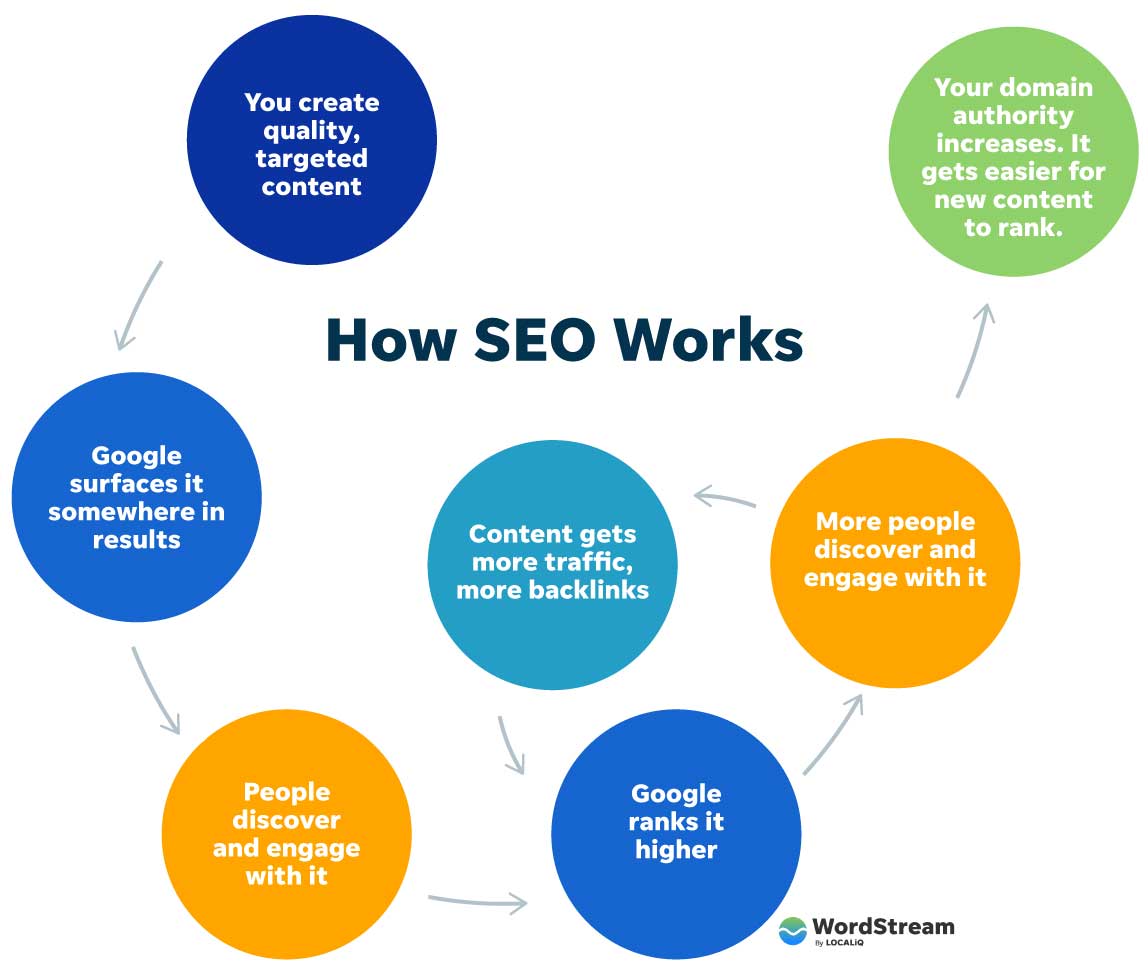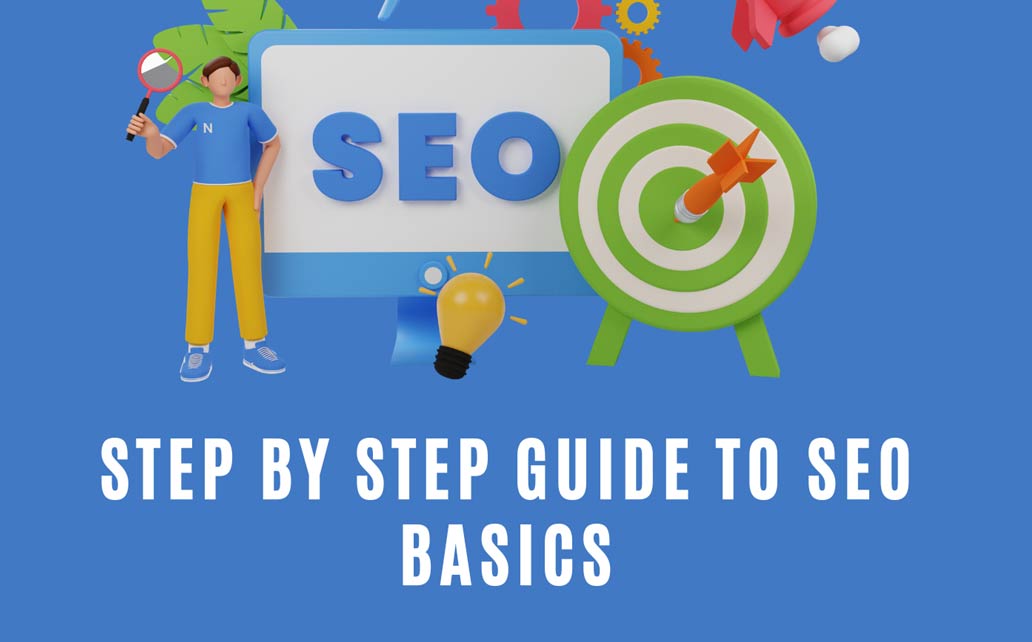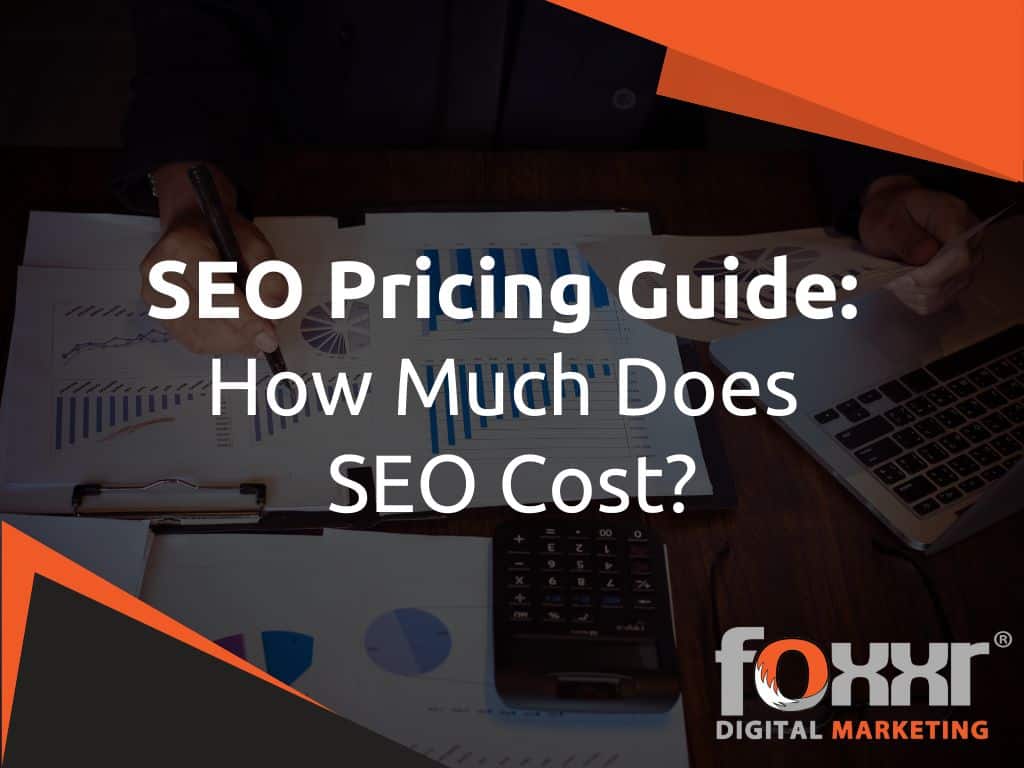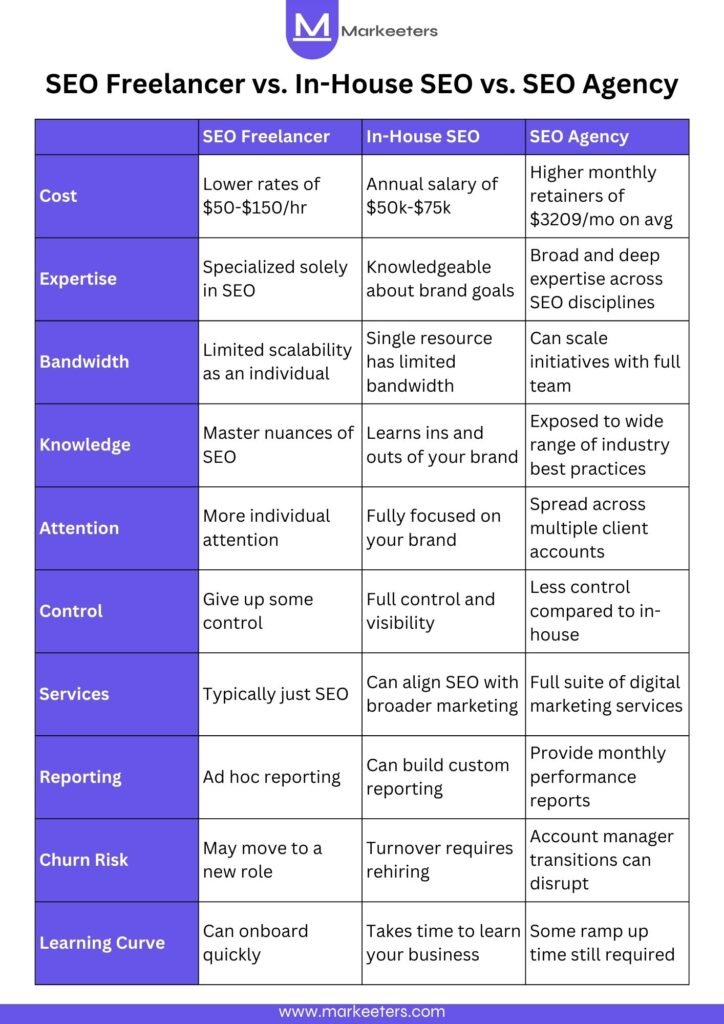What is SEO and Why is it Essential for Your Business?
Search Engine Optimization (SEO) is the process of improving the visibility and ranking of a website in search engine results pages (SERPs) through various techniques and strategies. In today’s digital landscape, having a strong online presence is crucial for businesses to reach their target audience, increase brand awareness, and drive sales. A well-planned SEO strategy can help businesses achieve these goals by increasing website traffic, generating leads, and ultimately, boosting revenue.
There are several types of SEO services that businesses can leverage to improve their online presence. These include technical SEO, which focuses on optimizing website structure and architecture; on-page SEO, which involves optimizing website content and meta tags; and off-page SEO, which includes building high-quality backlinks and social media marketing. Each of these services plays a critical role in improving website visibility and driving more traffic to the site.
By investing in SEO, businesses can expect to see a significant return on investment (ROI). According to recent studies, the average SEO cost per month can range from $500 to $5,000, depending on the scope of services and the level of expertise required. While this may seem like a significant investment, the long-term benefits of SEO far outweigh the costs. By improving website visibility and driving more traffic to the site, businesses can increase their online revenue and stay ahead of the competition.
In addition to driving revenue, SEO can also help businesses build brand awareness and establish themselves as thought leaders in their industry. By creating high-quality, informative content that addresses the needs and concerns of their target audience, businesses can establish trust and credibility with potential customers. This can lead to increased customer loyalty and retention, as well as positive word-of-mouth marketing.
Overall, SEO is a critical component of any digital marketing strategy. By understanding the importance of SEO and investing in the right services, businesses can improve their online presence, drive more traffic to their website, and increase their revenue. Whether you’re a small business or a large corporation, SEO can help you achieve your online goals and stay ahead of the competition.
Factors Affecting SEO Costs: Understanding the Variables
When it comes to determining the cost of SEO services, several factors come into play. Understanding these variables is crucial to estimating the average SEO cost per month and making informed decisions about your SEO budget. In this section, we’ll explore the key factors that influence SEO costs and how they impact the overall cost of SEO services.
One of the primary factors affecting SEO costs is the size and complexity of the website. Larger websites with multiple pages, complex architecture, and high volumes of content require more time and resources to optimize, resulting in higher SEO costs. On the other hand, smaller websites with fewer pages and simpler architecture require less time and resources, resulting in lower SEO costs.
Another factor that influences SEO costs is the target audience. Businesses targeting highly competitive industries or niches with high search volumes require more advanced SEO strategies and techniques, resulting in higher SEO costs. In contrast, businesses targeting less competitive industries or niches with lower search volumes require less advanced SEO strategies and techniques, resulting in lower SEO costs.
The level of competition in the industry or niche also plays a significant role in determining SEO costs. Businesses operating in highly competitive industries or niches require more aggressive SEO strategies and techniques to outrank their competitors, resulting in higher SEO costs. In contrast, businesses operating in less competitive industries or niches require less aggressive SEO strategies and techniques, resulting in lower SEO costs.
The desired outcomes of the SEO campaign also impact the cost of SEO services. Businesses seeking to improve their website’s visibility, drive more traffic, and increase conversions require more comprehensive SEO strategies and techniques, resulting in higher SEO costs. In contrast, businesses seeking to maintain their current website visibility and traffic require less comprehensive SEO strategies and techniques, resulting in lower SEO costs.
Finally, the level of expertise and experience of the SEO provider also influences the cost of SEO services. More experienced and skilled SEO providers charge higher rates for their services, resulting in higher SEO costs. In contrast, less experienced and skilled SEO providers charge lower rates for their services, resulting in lower SEO costs.
By understanding these factors, businesses can better estimate the average SEO cost per month and make informed decisions about their SEO budget. In the next section, we’ll explore how to determine a suitable SEO budget for your business.
How to Determine Your SEO Budget: A Step-by-Step Guide
Determining a suitable SEO budget can be a daunting task, especially for businesses that are new to search engine optimization. However, with a clear understanding of your business goals, website needs, and industry benchmarks, you can create a realistic and effective SEO budget. In this section, we’ll provide a step-by-step guide on how to determine your SEO budget.
Step 1: Assess Your Business Goals
Before determining your SEO budget, it’s essential to assess your business goals and objectives. What do you want to achieve through SEO? Are you looking to increase website traffic, generate leads, or boost sales? By understanding your business goals, you can determine the scope of your SEO project and allocate your budget accordingly.
Step 2: Evaluate Your Website Needs
Next, evaluate your website needs and identify areas that require improvement. Do you need to optimize your website’s structure and architecture? Do you need to create high-quality content to attract and engage your target audience? By understanding your website needs, you can determine the resources and budget required to achieve your SEO goals.
Step 3: Research Industry Benchmarks
Researching industry benchmarks is crucial to determining a realistic SEO budget. Look at the average SEO cost per month for businesses in your industry and niche. Analyze the costs of different SEO services, such as keyword research, on-page optimization, and link building. By understanding industry benchmarks, you can create a budget that is competitive and effective.
Step 4: Determine Your SEO Budget
Based on your business goals, website needs, and industry benchmarks, determine your SEO budget. Consider the costs of different SEO services and allocate your budget accordingly. Be sure to also consider the costs of ongoing SEO maintenance and optimization.
Step 5: Monitor and Adjust Your SEO Budget
Finally, monitor and adjust your SEO budget regularly. Track your website’s traffic, engagement, and conversion rates to determine the effectiveness of your SEO campaign. Adjust your budget accordingly to ensure that you’re getting the best possible return on investment.
By following these steps, you can create a realistic and effective SEO budget that helps you achieve your business goals. Remember to stay flexible and adjust your budget regularly to ensure that you’re getting the best possible return on investment.
Average SEO Costs: What to Expect and Why
The average SEO cost per month can vary widely depending on the scope of services, the size and complexity of the website, and the level of expertise required. According to industry benchmarks, the average SEO cost per month can range from $500 to $5,000 or more.
Here are some average SEO costs per month for different types of SEO services:
Basic SEO services, such as keyword research and on-page optimization, can cost between $500 and $1,500 per month.
Intermediate SEO services, such as link building and content creation, can cost between $1,500 and $3,000 per month.
Advanced SEO services, such as technical SEO and analytics, can cost between $3,000 and $5,000 per month.
Enterprise-level SEO services, which include comprehensive SEO strategies and ongoing optimization, can cost $5,000 or more per month.
It’s essential to note that these are just general estimates, and the actual cost of SEO services can vary widely depending on the specific needs of your business.
When evaluating the cost of SEO services, it’s also important to consider the potential return on investment (ROI). A well-executed SEO campaign can drive significant increases in website traffic, engagement, and conversion rates, resulting in a substantial ROI.
In addition to the cost of SEO services, it’s also important to consider the cost of ongoing SEO maintenance and optimization. This can include regular keyword research, content creation, and link building, as well as ongoing analytics and reporting.
By understanding the average SEO cost per month and the potential ROI, you can make informed decisions about your SEO budget and ensure that you’re getting the best possible return on investment.
SEO Pricing Models: Understanding the Options
When it comes to SEO pricing, there are several models to choose from, each with its pros and cons. Understanding these models can help you make an informed decision about which one is best for your business. In this section, we’ll explore the different SEO pricing models, including hourly, project-based, retainer-based, and performance-based pricing.
Hourly Pricing Model
The hourly pricing model is a common approach to SEO pricing. In this model, the SEO provider charges an hourly rate for their services, which can range from $50 to $200 per hour or more, depending on the provider’s expertise and the scope of the project.
Project-Based Pricing Model
The project-based pricing model involves charging a flat fee for a specific SEO project, such as a website audit or a link building campaign. This model is often used for one-time projects or for businesses that need a specific SEO service.
Retainer-Based Pricing Model
The retainer-based pricing model involves paying a recurring fee, usually monthly, for ongoing SEO services. This model is often used for businesses that need ongoing SEO support and maintenance.
Performance-Based Pricing Model
The performance-based pricing model involves paying for SEO services based on the results achieved. This model is often used for businesses that want to tie their SEO costs to specific metrics, such as website traffic or conversion rates.
Choosing the Right SEO Pricing Model
When choosing an SEO pricing model, it’s essential to consider your business goals, budget, and needs. If you need ongoing SEO support and maintenance, a retainer-based pricing model may be the best option. If you need a specific SEO service, a project-based pricing model may be more suitable.
It’s also essential to consider the average SEO cost per month and the potential return on investment (ROI) when choosing an SEO pricing model. A well-executed SEO campaign can drive significant increases in website traffic, engagement, and conversion rates, resulting in a substantial ROI.
By understanding the different SEO pricing models and their pros and cons, you can make an informed decision about which one is best for your business. Remember to always consider your business goals, budget, and needs when choosing an SEO pricing model.
SEO Agency vs. Freelancer: Which is Right for You?
When it comes to choosing an SEO provider, businesses have two main options: working with an SEO agency or hiring a freelancer. Both options have their pros and cons, and the right choice for your business depends on several factors, including your budget, goals, and needs.
SEO Agency
An SEO agency is a company that specializes in providing SEO services to businesses. Agencies typically have a team of experts with diverse skills and experience, including SEO specialists, content writers, and web developers. Working with an agency can provide several benefits, including:
Expertise: Agencies have a team of experts with specialized skills and knowledge, ensuring that your SEO campaign is executed effectively.
Scalability: Agencies can handle large-scale SEO projects and provide ongoing support and maintenance.
Accountability: Agencies are accountable for the results of your SEO campaign and are more likely to provide transparent reporting and communication.
Freelancer
A freelancer is an individual who provides SEO services on a project-by-project basis. Freelancers can offer several benefits, including:
Cost-effectiveness: Freelancers often charge lower rates than agencies, making them a more affordable option for small businesses or those with limited budgets.
Flexibility: Freelancers can provide more flexible scheduling and are often more willing to work on a project-by-project basis.
Personalized service: Freelancers can provide more personalized service and attention to detail, as they are often working on a smaller scale.
Choosing Between an Agency and a Freelancer
When choosing between an agency and a freelancer, consider the following factors:
Expertise: If you need specialized skills or knowledge, an agency may be a better choice.
Scalability: If you have a large-scale SEO project or need ongoing support and maintenance, an agency may be a better choice.
Cost: If you have a limited budget, a freelancer may be a more affordable option.
Personalized service: If you want more personalized service and attention to detail, a freelancer may be a better choice.
Ultimately, the choice between an agency and a freelancer depends on your specific needs and goals. Be sure to research and compare different options before making a decision.
Maximizing Your SEO ROI: Tips and Strategies
Maximizing your SEO ROI requires a combination of strategic planning, effective execution, and ongoing optimization. Here are some tips and strategies to help you get the most out of your SEO investment:
Set Clear Goals
Before starting your SEO campaign, it’s essential to set clear goals and objectives. What do you want to achieve through SEO? Are you looking to increase website traffic, boost conversions, or improve brand awareness? By setting clear goals, you can create a focused SEO strategy that drives results.
Track Key Metrics
To maximize your SEO ROI, it’s crucial to track key metrics such as website traffic, engagement, and conversion rates. By monitoring these metrics, you can identify areas of improvement and adjust your SEO strategy accordingly.
Continuously Optimize Your SEO Campaign
SEO is a continuous process that requires ongoing optimization and improvement. Regularly review your SEO campaign and make adjustments as needed to ensure that you’re getting the best possible results.
Focus on Quality Content
High-quality content is essential for maximizing your SEO ROI. Focus on creating content that is informative, engaging, and relevant to your target audience.
Build High-Quality Backlinks
High-quality backlinks are crucial for improving your website’s authority and ranking. Focus on building backlinks from reputable sources such as industry publications, blogs, and websites.
Use Social Media to Amplify Your SEO Efforts
Social media can be a powerful tool for amplifying your SEO efforts. Use social media to promote your content, engage with your target audience, and build your brand.
Monitor Your Competitors
Monitoring your competitors is essential for maximizing your SEO ROI. Keep an eye on your competitors’ SEO strategies and adjust your own strategy accordingly.
By following these tips and strategies, you can maximize your SEO ROI and get the most out of your SEO investment. Remember to always stay focused on your goals and continuously optimize your SEO campaign to ensure that you’re getting the best possible results.
Conclusion: Finding the Right SEO Solution for Your Business
Unlocking the true cost of SEO requires a comprehensive understanding of the various factors that influence SEO costs, including the size and complexity of the website, target audience, competition, and desired outcomes. By understanding these factors and how they impact the overall cost of SEO services, businesses can make informed decisions about their SEO budget and choose the right SEO solution for their needs.
As we’ve discussed in this article, the average SEO cost per month can vary widely depending on the scope of services, the level of expertise required, and the desired outcomes. However, by following the tips and strategies outlined in this article, businesses can maximize their SEO ROI and get the most out of their SEO investment.
Whether you’re a small business or a large corporation, finding the right SEO solution for your business is crucial for success in today’s digital landscape. By taking the time to understand your SEO needs and choosing the right SEO solution, you can improve your website’s visibility, drive more traffic and sales, and stay ahead of the competition.
So, what’s next? Take action and start optimizing your website for search engines today. Whether you choose to work with an SEO agency or a freelancer, remember to always prioritize quality, expertise, and results. With the right SEO solution, you can unlock the full potential of your website and drive long-term success for your business.







.jpg)
